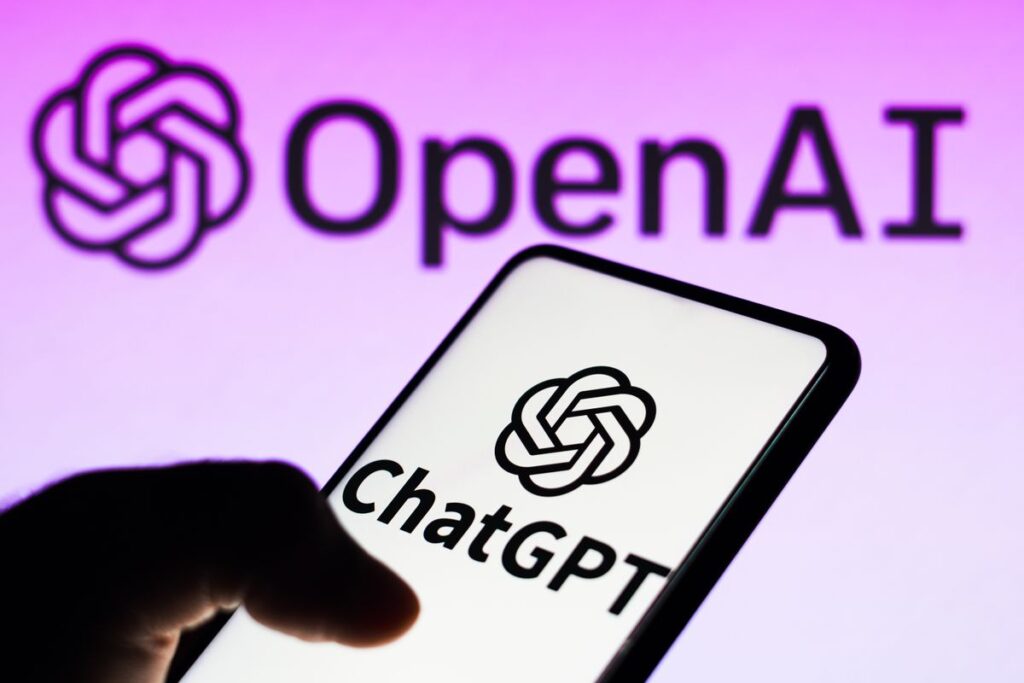|
Getting your Trinity Audio player ready...
|
In a surprising turn of events, some investors in OpenAI, the creators of the renowned ChatGPT, are contemplating legal action against the company’s board, following the unexpected ousting of CEO Sam Altman. Sources familiar with the matter disclosed to Reuters on Monday that investors are deeply concerned about the potential fallout, including a mass employee exodus and substantial financial losses.
Investors, collaborating with legal advisers, are currently exploring their options, though it remains uncertain if they will proceed with a lawsuit against OpenAI. The fear gripping these investors revolves around the possible loss of hundreds of millions of dollars invested in OpenAI, a significant asset in their portfolios, particularly given the company’s pivotal role in the burgeoning generative AI sector.
Despite repeated attempts, OpenAI has not responded to requests for comments on the unfolding situation.
Notably, Microsoft (MSFT.O) is reported to own 49% of the for-profit operating company, with other investors and employees collectively controlling another 49% and the remaining 2% owned by OpenAI’s nonprofit parent, as per information from Semafor.
The upheaval within OpenAI began with the sudden termination of CEO Sam Altman, as revealed in an internal memo seen by Reuters, citing a “breakdown of communications” as the primary cause.
By Monday, over 700 of OpenAI’s employees had reportedly threatened to resign unless a change in the board was implemented promptly. This unusual leverage held by employees can be attributed to the unique structure of OpenAI, where control lies with its nonprofit parent company, designed to serve the interests of “humanity, not OpenAI investors,” according to OpenAI’s website.
This structure, a nonprofit parent with a for-profit subsidiary, was established in 2019 to raise capital while maintaining control over the company’s mission, governance, and oversight. Minor Myers, a law professor at the University of Connecticut, emphasized that this structure allows employees to exert more pressure on the board compared to traditional venture capitalists.
However, legal experts note that nonprofit boards, while having legal obligations, still possess significant leeway in making leadership decisions. Paul Weitzel, a law professor at the University of Nebraska, highlighted that OpenAI’s use of a limited liability company as its operating arm could further insulate the nonprofit’s directors from potential legal actions by investors.
Even if investors were to pursue legal action, Weitzel suggested that they might face an uphill battle, given the broad latitude companies enjoy under the law to make strategic decisions, even if those decisions lead to adverse consequences. He pointed out historical precedents, such as Apple’s decision to fire Steve Jobs in the 1980s, only to rehire him a decade later.
The situation at OpenAI continues to unfold rapidly, with investors closely monitoring developments and weighing their legal options in the face of potential financial losses and a shifting corporate landscape.



